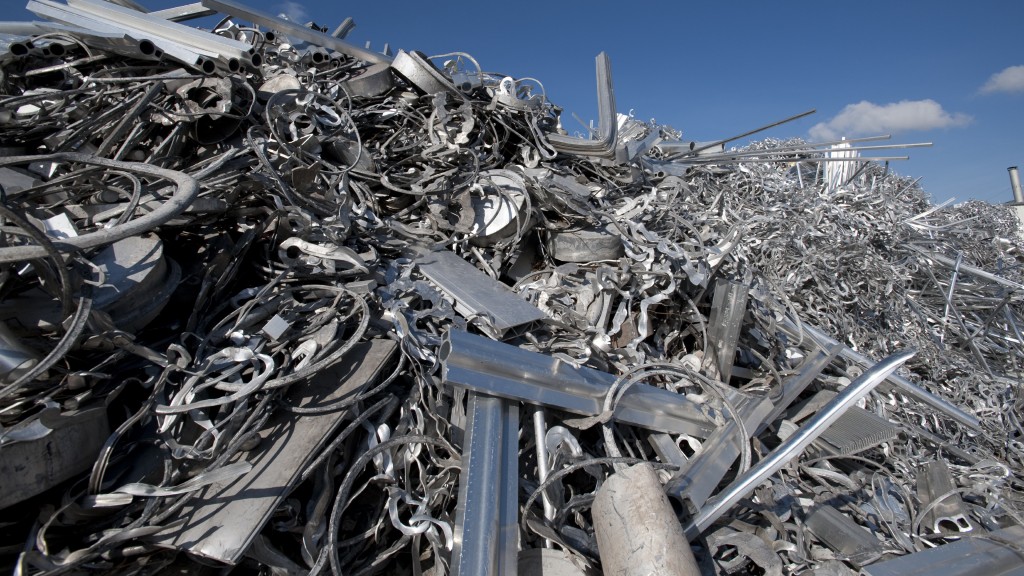
The Institute of Scrap Recycling Industries (ISRI) has delivered testimony before the House Subcommittee on Environment and Climate Change on how recycling in the U.S. isn't broken but rather strong, and getting stronger. ISRI Chief Lobbyist Billy Johnson delivered remarks, including how residential recycling, the sector most people see, has its challenges, but the industrial side of recycling runs like clockwork.
"Residential recycling is saddled with an ever-changing mix of materials on the supply side that have high contamination and flow into the recycling stream whether there's a market for them or not," says Johnson. "As a complex system, residential recycling demands a unique approach and unique solutions."
Johnson provided testimony during the "No Time to Waste: Solutions for America's Broken Recycling System," hearing. ISRI's testimony focused on four House bills that the recycling industry organization was instrumental in developing: H.R. 8509, the Recycling and Composting Accountability Act (RCAA); H.R. 8183, the Recycling Infrastructure and Accessibility Act (RCAA); H.R. 8183, the Recycling Infrastructure and Accessibility Act (RIAA); H.R. 1512, the Climate Leadership and Environmental Action for our Nation's (CLEAN) Future Act; and H.R. 2238, the Break Free from Plastic Pollution Act. Each bill addresses a different area of U.S. recycling infrastructure.
The recycling industry is innovative and employs scientists, engineers, and technicians. Johnson focused on how most recyclable materials originate from industrial or commercial sources, as opposed to residential. These materials typically move through recycling infrastructure without problems and are recycled into clean, high-quality, commodity-grade products used throughout the world as sustainable substitutes for virgin materials.
Johnson demonstrated to the subcommittee that recycling is essential to sustainability, helping combat climate change, conserving natural resources, and saving energy.
"Recycling employs more than 164,000 people in every congressional district in the U.S.," says Johnson. "The recycling industry alone contributes over $117 billion dollars in economic activities a year. These numbers tell the story of a vibrant industry."



